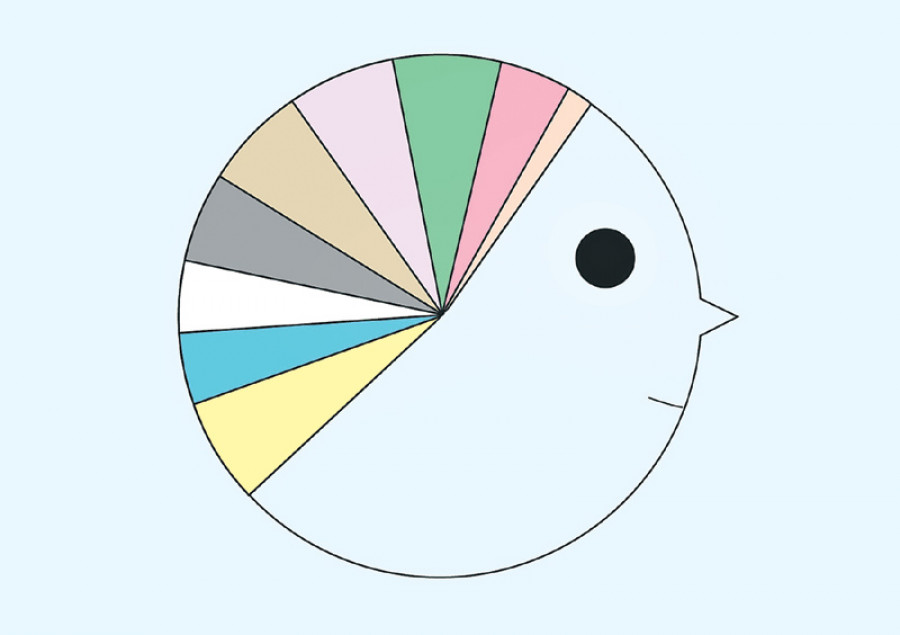
Belated realisation
Author(s): Amrita Limbu
Year of Publication: 2016
Scholars and academics who came together for a workshop recently agreed that a social research ethics governing body needed to be established in Nepal. One might wonder why the need for such a body has been felt now when research activities have been going on for a long time. We researchers take individuals and groups from different walks of life as our data source, but have we ever considered our responsibility towards our research participants? Have we ever thought that their engagement with us might put them at harm whether physical or psychological, ranging from discomfort, humiliation, constrained familial or societal ties to even violence? It is here that an ethics governing body comes into the context. Although ethical conduct of research does take up space and time in the research course syllabus, the question to researchers is whether the theory is actually put into practice. In the case of Nepal, a regulatory body to review research in the social sciences is starkly absent.
How many of us put research studies through an ethics review before initiating data collection? Those who do so are either Western-educated, have conducted research with foreign universities or are involved in research in the health sector. Ethical reviews of research in the health sector have been underway since the establishment of the Nepal Health Research Council (NHRC) in 1991. To date, this autonomous body under the Ministry of Health and Population has approved more than 1,200 research projects. These studies fall
within the realm of the NHRC’s priority areas, namely health care delivery, reproductive health, mental health and environmental and occupational health. An independent Ethical Review Board within the NHRC screens research proposals for compliance with its ethical standards and administrative requirements and later submits the study protocols to one or more reviewers or experts in the proposed field of study.
Donor requirements
Even though the scope and mandate of the NHRC is limited to health research, it does receive a handful of social researches for review. For example, researches on livelihood, forestry, climate change and migration without any health component are sometimes submitted to the NHRC. Research studies are put through an ethics review not because of the realisation of its importance but because of the need to fulfil requirements set by donors and research partners. Postgraduate students in foreign universities are required to obtain ethical approval for their research conducted in Nepal without which their data is considered invalid.
Most of the members of the NHRC’s review board are medical doctors. Since social science is a vast discipline, the NHRC cannot be expected to review social researches. It is obvious that the NHRC is only playing a facilitating role to fill the vacuum in the absence of a social science research council. Even though the need for a social science research ethics review board was seen after encountering requirements set by Western universities, questions about the necessity of such a governing structure in Nepal might arise. Is an ethics review board necessary only to meet the requirements of foreign donors or to enable postgraduate students to obtain their foreign degrees? Or are ethical reviews of social research genuinely necessary in Nepal?
Important questions
Protection of the rights and safety concerns of human participants in research are key concerns that have given rise to discussions about research ethics. When a researcher approaches potential respondents to obtain information, are they aware of the study’s objective? Are the respondents informed about the risks and benefits of their involvement? Have they consented to provide information? Are the participants asked for personal information or their perceptions without being fully aware of the objectives and consequences? Will their identities and the information they provide be kept confidential? Have the participants been informed that they can end the conversation at any point without any explanation? Will their participation lead to psychological stress, discomfort or trauma? These are some central issues that have to be focused upon in order to protect human participants in any research.
This is not to suggest that researchers and research institutions do not follow a certain code of conduct. But a regulatory body to review social researches will go a long way in ensuring that the aforesaid concerns are effectively addressed. In any case, if there was research integrity in our higher education sector, we would probably not be hearing recurring news about academics and even vice-chancellor appointees being accused of plagiarism. An ethical review of social research is particularly pertinent in today’s context where knowledge generation is fundamental to formulating plans, policies and programmes that have a far-reaching impact on the general public.
Limbu is a researcher at the Centre for the Study of Labour and Mobility, Social Science Baha, Kathmandu.
Published on: 28 September 2016
The Kathmandu Post


GET IN TOUCH